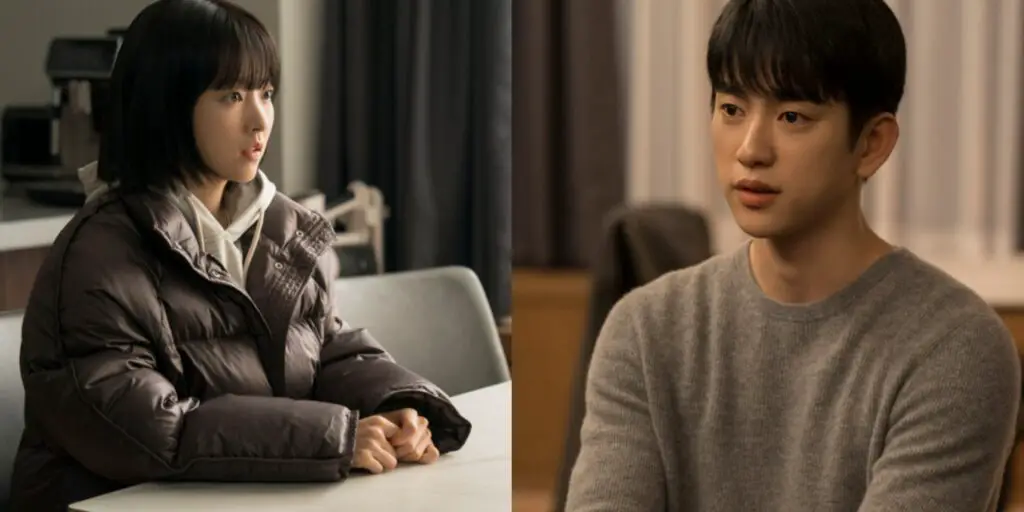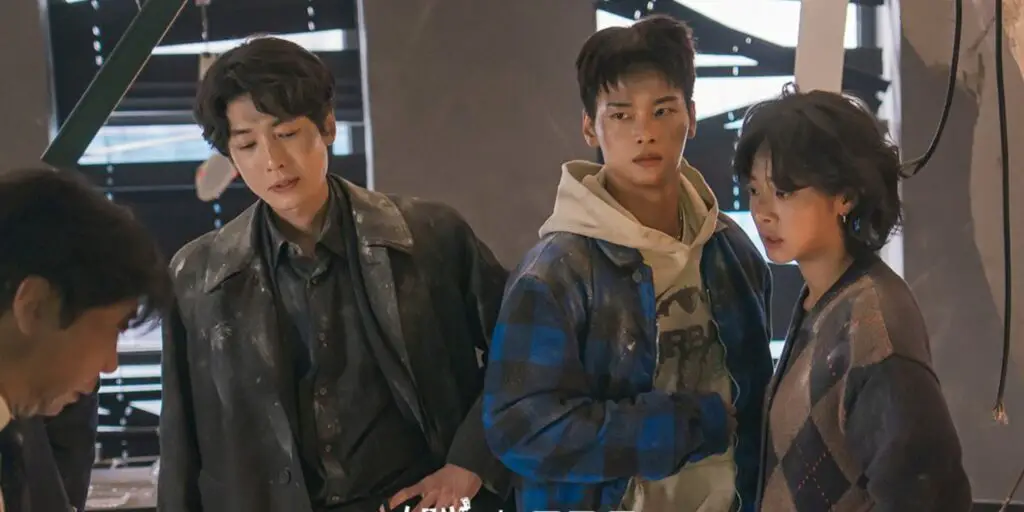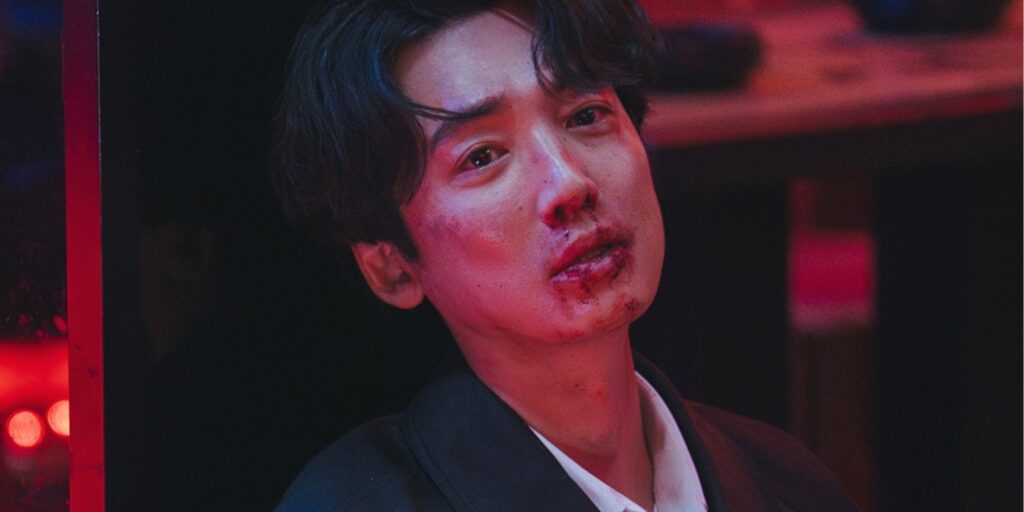Our Unwritten Seoul Episode 11 aired on June 28, and hit hard. The story moved into painful territory, but also one filled with small hope. Lee Ho-soo (Park Jin-young) and Yu Mi-ji (Park Bo-young) finally faced the truth they had been avoiding. And it wasn’t easy.
For those unfamiliar, Our Unwritten Seoul is a 2025 melodrama from director Kim Hyun-joo, known for slow-burn storytelling with strong emotional payoffs. It stars Park Jin-young and Park Bo-young in dual roles, balancing themes of identity, trauma, and resilience. The drama has steadily grown a loyal fanbase since its premiere in May, especially among viewers looking for heartfelt, character-driven narratives.
This episode showed what happens when fear takes over love. Ho-soo, who had just started to build something with Mi-ji, suddenly pushed her away. He was diagnosed with sudden hearing loss. That shook him. Instead of leaning on Mi-ji, he shut down and disappeared. He told her they were too different. It’s better to stop before they hurt each other. But viewers could see it wasn’t about compatibility. It was about shame, fear, and guilt.
Mi-ji knew it too. She didn’t buy the excuse. But Ho-soo didn’t want her trapped in a painful future because of his condition. He thought letting her go would protect her. Still, she didn’t want to be protected. She just wanted the truth. After the breakup, Mi-ji fell into a dark place. Her trauma returned. Years ago, she locked herself away after an injury. Now, she felt that old fear creeping in. But her mentor Kim Ro-sa (played by Won Mi-kyung) saw through her silence.
Ro-sa didn’t say much. Just reminded Mi-ji of what she does best—knocking on closed doors. Reaching hearts. That was enough. It pushed Mi-ji to leave her room and go back out into the world. And back toward Ho-soo.
Love vs. Fear: Ho-soo’s Retreat and Mi-ji’s Collapse
At the same time, Ho-soo had his own wake-up call. He met with Yeom Bun-hong (Kim Sun-young) and heard his late father’s will. It was simple: “Love isn’t about winning. It’s about losing together, again and again.” That hit him hard. He finally let himself feel. Ho-soo didn’t want to protect Mi-ji by leaving her. He wanted her beside him. The guilt and fear didn’t vanish, but they weren’t stronger than love.
Ho-soo began the series as a deeply private architect hiding from both fame and grief. His arc shows how emotional pain doesn’t always look dramatic—it can be quiet, avoidant, and even self-destructive. Episode 11 is a turning point, not because he changes overnight, but because he stops running. It’s a rare example in K-drama where male vulnerability isn’t treated as weakness, but as a valid emotional state.
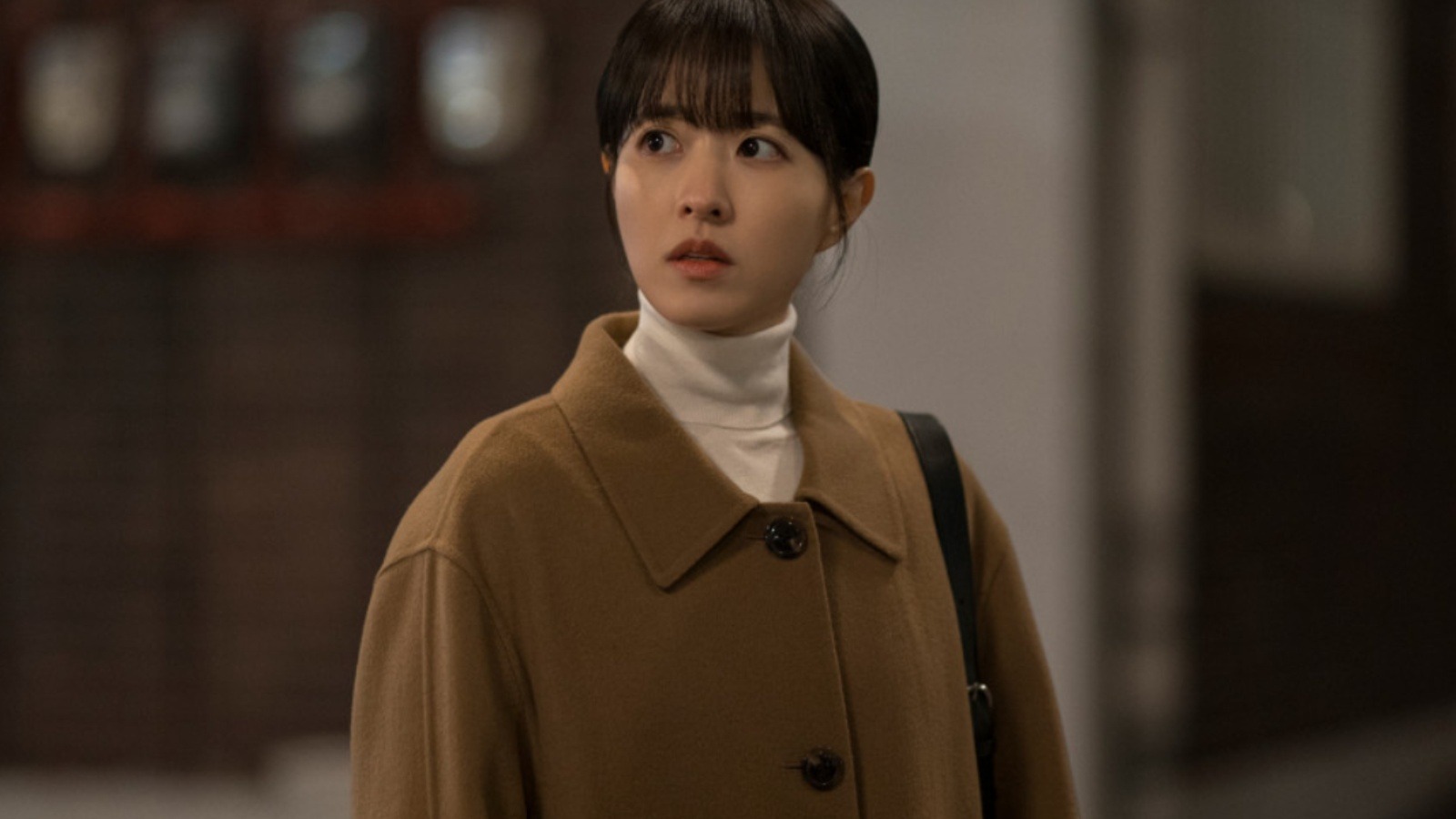
Truth, Fear, and the Power of Showing Up in Our Unwritten Seoul Episode 11
In a soft, quiet scene, Ho-soo stood outside Mi-ji’s door. This time, he was the one knocking. She opened it. He didn’t have a grand speech. Just three short lines: “I was stupid. I’m sorry. Stay with me.” She cried. He cried. They hugged. It was messy, honest, and raw. And maybe, that’s what love really is—showing up even when it’s hard.
Elsewhere, Yu Mi-rae (also played by Park Bo-young) had her own breakthrough. After exposing corruption inside her company, she decided to resign. She turned down a high-paying offer in the U.S. and walked away from corporate life. She left a simple note for her senior: “Please be kind to yourself, too.” That line says so much. About Mi-rae, about her pain, and about choosing peace over proving a point.
Even her friend Kim Tae-yi (Hong Seong-won) was surprised. Anyone who’s ever worked in a toxic job might see themselves in Mi-rae. Her exit wasn’t loud, but it was powerful. It mirrors real-life moments when people quietly walk away from burnout, gaslighting, or the constant need to prove their worth. Her choice to leave without needing revenge felt honest—and even healing.
He wanted her to stay and watch the corrupt people get punished. But Mi-rae wasn’t interested in revenge. “I didn’t stay for them,” she said. “I stayed to prove I wasn’t wrong. But watching them fall isn’t worth my time anymore.”
That part felt incredibly real. So many viewers likely saw themselves in Mi-rae. Stuck in toxic workplaces. Fighting just to be heard. And choosing to walk away, not out of weakness, but strength. This episode didn’t have flashy scenes. It had emotions that were quiet but deep. It showed people who are tired, scared, and still trying.
The drama used simple lines. Yet those lines carried weight. “Mi-ji wouldn’t leave you just because you’re sick.” Or “Do what you’re good at—knocking.” These aren’t big quotes meant to go viral. But they feel true. Like things people say in real life.
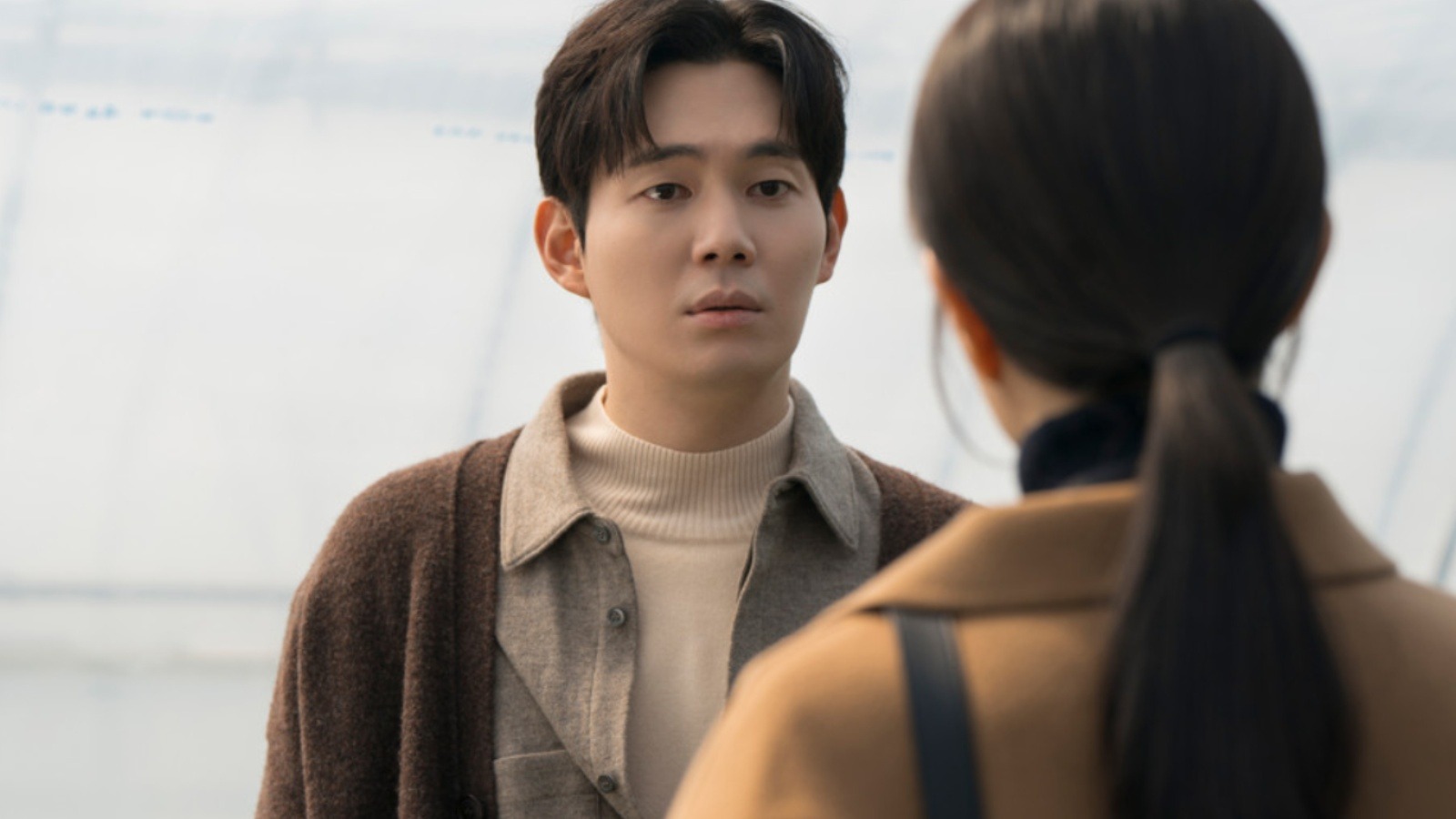
Even the side characters added to this. Gyeong-gu, Mi-ji’s loyal friend, joked about buying a couple of rings. Rosa stayed grounded and supportive. And Mi-rae’s quiet goodbye felt like the perfect end to her long battle.
There was also a moment of closure between Ok-hui and her mother. Their relationship had always been tense. But that scene gave viewers what they had waited for—a bit of peace. The acting deserves credit, too. Park Jin-young captured Ho-soo’s confusion and guilt perfectly. Every pause, every glance, felt natural. He wasn’t trying to act like a tragic hero. He just looked like a person struggling. Park Bo-young’s quiet strength also carried every scene.
This drama keeps things grounded. It talks about work, illness, regret, and second chances in a way that feels personal. There’s no big twist. Just small, human moments that add up.
The last episode of Our Unwritten Seoul airs on June 29. Fans are already bracing for the end, not because of plot twists, but because they’ve come to care about these people. And after watching episode 11, it’s clear that this show knew exactly what it was doing. Quiet stories sometimes speak the loudest.
Kavita Mishra is a dynamic writer and passionate Korean entertainment enthusiast, combining her love for K-pop and K-drama with a flair for storytelling. With a keen eye for the latest trends, Kavita crafts articles that capture the pulse of K-pop idols, chart-topping hits, and the most buzz-worthy dramas taking over screens worldwide.
How Does this Article Make You Feel?
